Case Study: Hayleys Fabric
GOTS Case Study:
Hayleys Fabric
Pioneering Sustainable Textiles in Sri Lanka
Since its inception in 1992, Hayleys Fabric has emerged as a trailblazer in the textile industry, renowned for its unwavering commitment to sustainability. With GOTS certification earned in 2014, this Sri Lankan manufacturing powerhouse has become a beacon of responsible textile practices, setting a new standard for environmental stewardship, fair labour practices, and innovation.
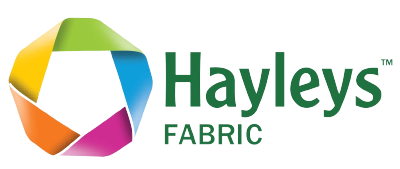
Company Snapshot
Hayleys Fabric: Neboda, Sri Lanka
In operation: since 1992
GOTS-certified: since 2014
Employees: 3088
Output: 3 million-plus metres of fabric per month
Annual turnover: 72 Million USD
Leading the Sustainable Charge
Hayleys Fabric's path to sustainability lies at the company’s core. Sustainability and eco-friendly production, along with a commitment to innovation, form the fundamental principles that underpin every aspect of operations. From water and energy conservation to the creative transformation of waste into value-added products, Hayleys Fabric leaves no stone unturned in its quest to minimise its environmental footprint.
A testament to this commitment is Sri Lanka's largest single solar roof adorning its facility, generating 20 percent of the company's energy and reducing its carbon footprint by 15 percent. Its comprehensive textile processes span knitting, dyeing, printing, brushing, sueding, and finishing, offering a diverse portfolio of fabrics. Notably, the company has developed its own brand of fabric through its Innovation Centre, showcasing its prowess in sustainable textile solutions.
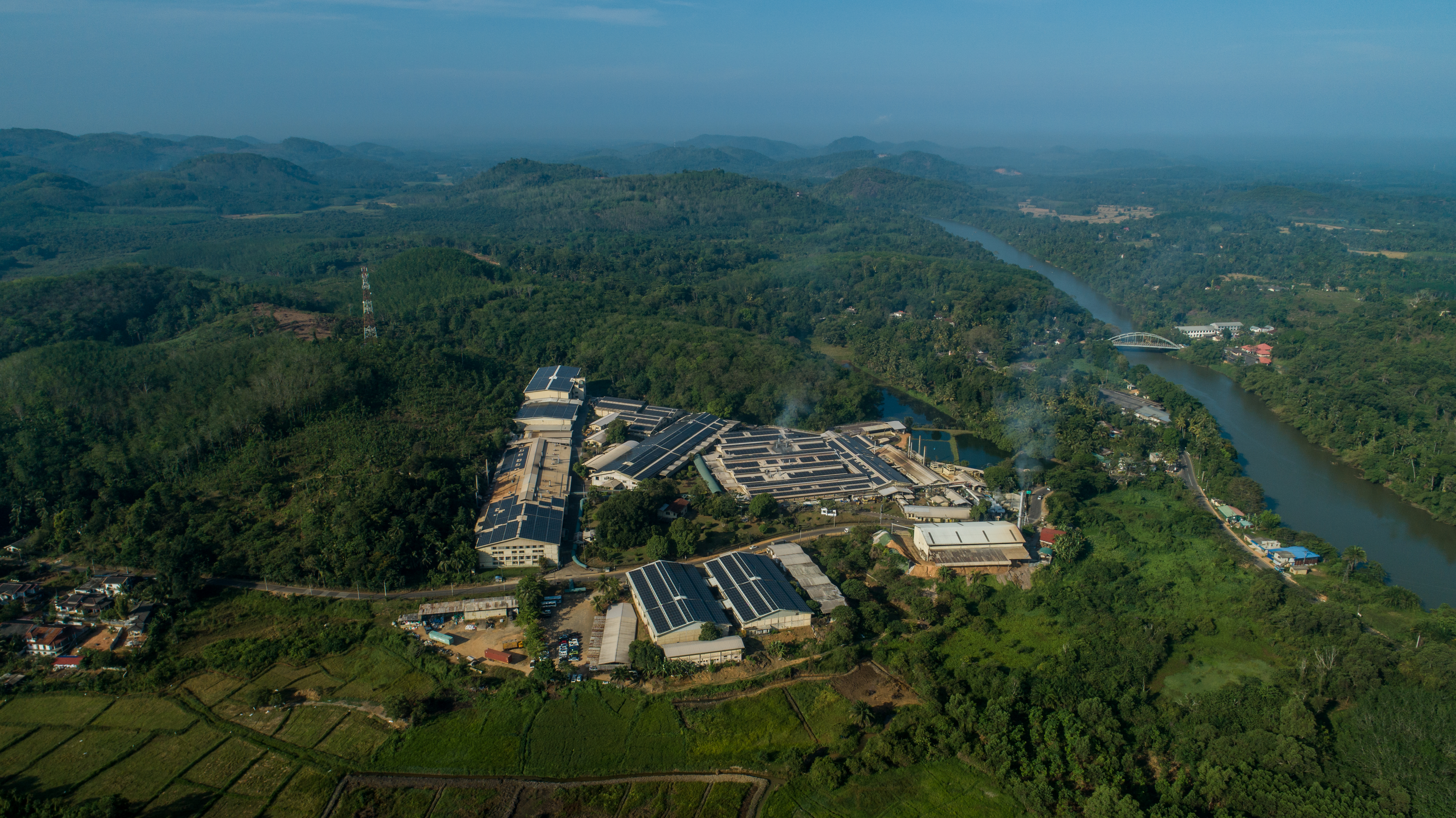
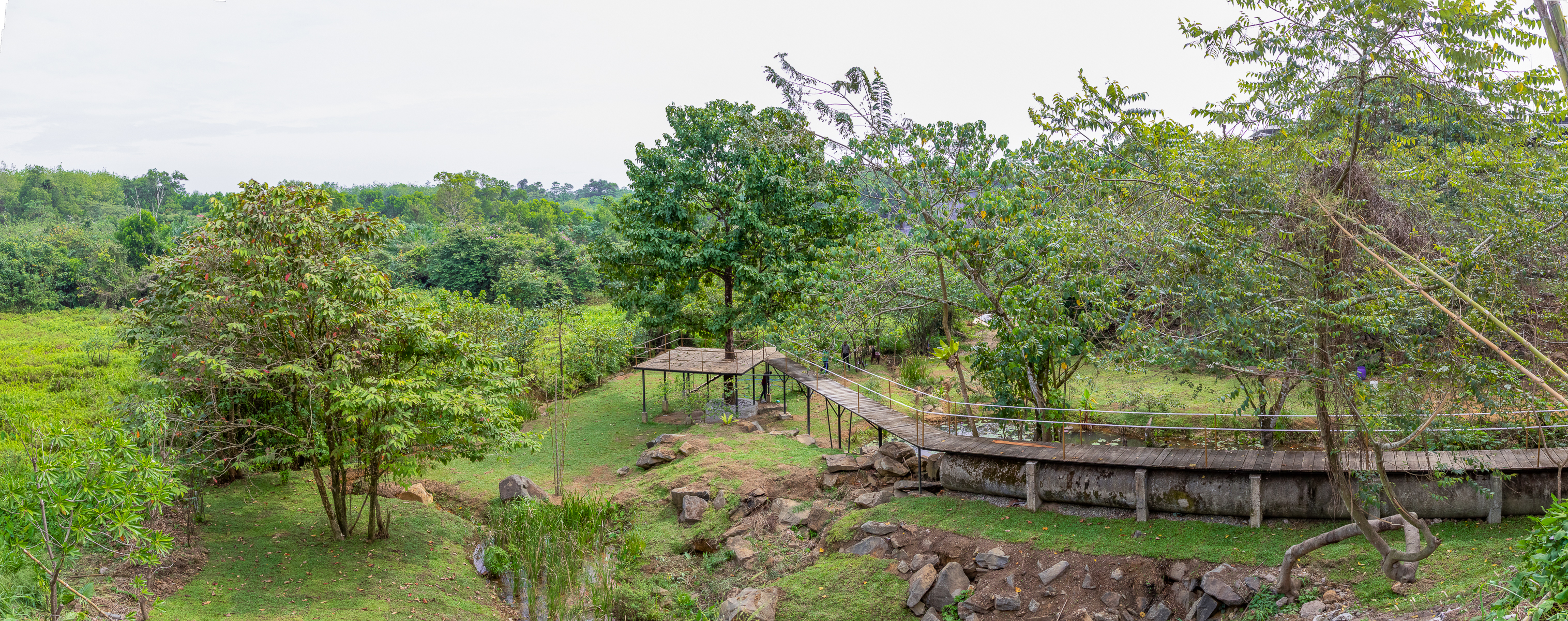
GOTS Certification: A Symbol of Dedication
For Hayleys Fabric, GOTS certification is more than a badge; it's a declaration of values. MD/CEO Rohan Goonetilleke passionately states, ‘GOTS reflects our unwavering commitment to responsible textile practices, ensuring our products meet the highest environmental and social standards’. GOTS certification has also unlocked enhanced market access, ushering in a culture of continuous improvement and innovation while showcasing adherence to regulatory standards. Like all GOTS Certified Entities, Hayleys Fabric has optimised its processes to reduce waste and increase energy efficiency, along with meeting the robust guidelines for social responsibility. GOTS certification helps Hayleys Fabric show its customers that the company takes sustainability seriously, Mr. Goonetilleke says: ‘This certification resonates with our dedication to sustainable sourcing, organic materials, and ethical production. It assures our customers that our fabrics are not only of superior quality but also crafted with utmost care for the planet and its people. GOTS certification serves as a testament to our unwavering dedication to responsible practices, fostering trust and transparency in our industry’.
But it's not just about compliance; Hayleys Fabric goes beyond. A green belt and biodiversity wetland park adjacent to the facility illustrate the company’s dedication to environmental stewardship. This sanctuary is home to nearly 300 species of flora and fauna, serving as an educational and research hub for local schools and universities. Its support for the restoration of endangered Sri Lankan forest plants and an in-house organic farm further exemplifies its commitment to the planet.
Transforming the Industry
Hayleys Fabric's GOTS certification has catalysed a transformation towards environmental stewardship, fair labour practices, and transparency across the value chain. The rigorous third-party certification process assures consumers that the strict GOTS requirements are met, empowering them to make informed choices that contribute to the growth of the global organic textile market.
Yearly audits and continuous improvement efforts drive creative problem-solving throughout the business. Notably, Hayleys Fabric has harnessed its innovation to develop sustainable products, including a mahogany dye from furniture waste and a black dye from its biomass waste.
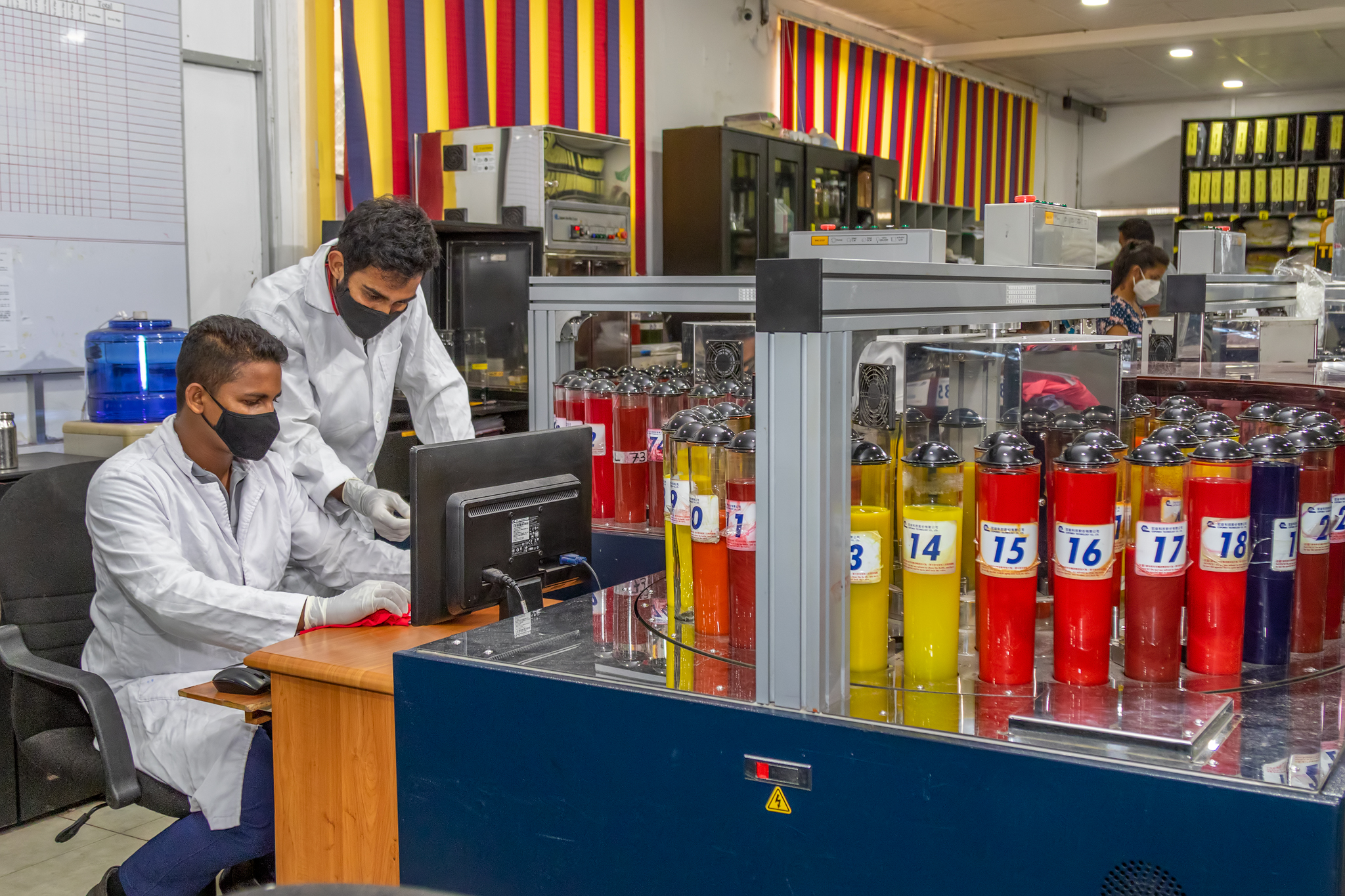
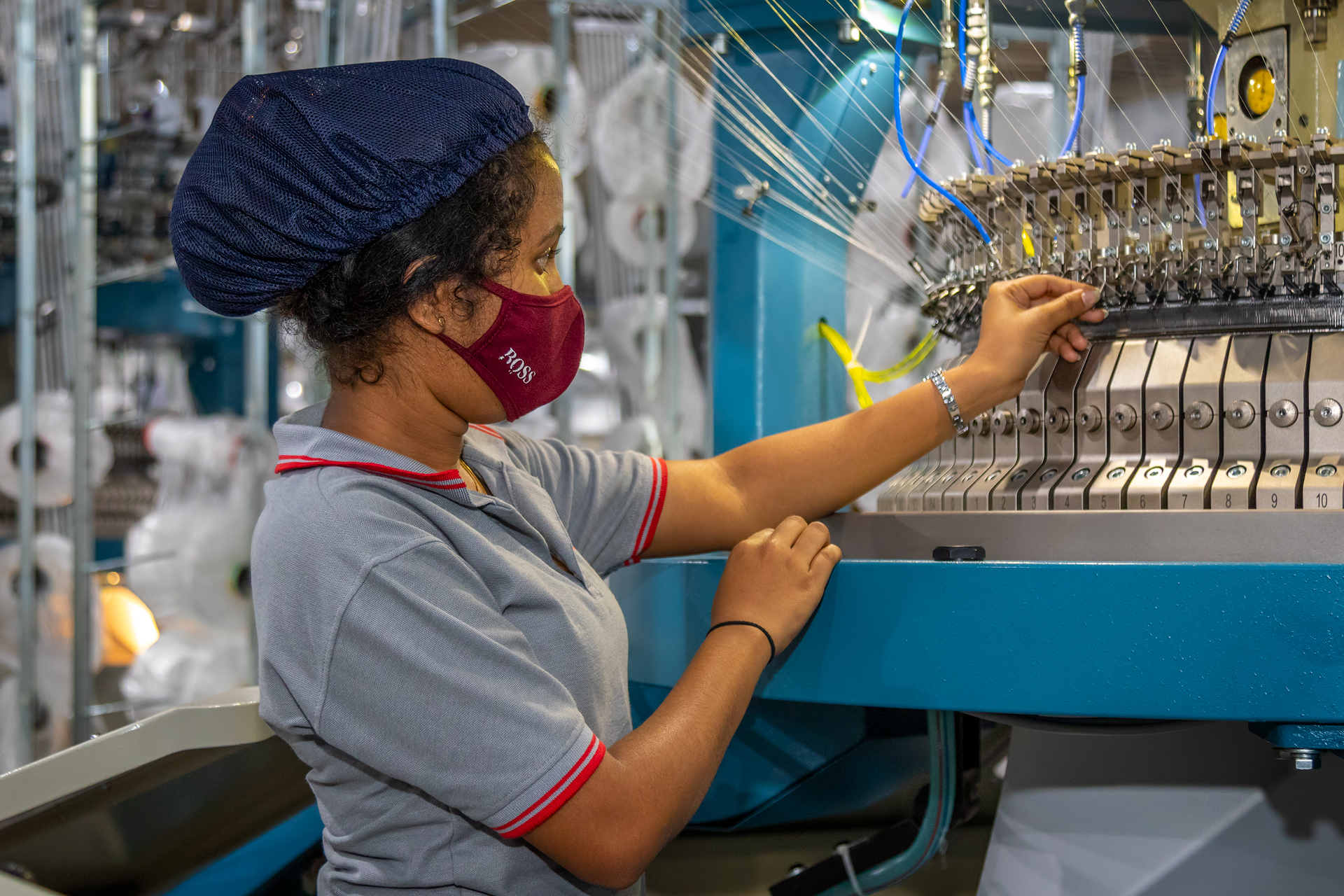
A Future Aligned with Sustainability
GOTS certification has solidified Hayleys Fabric’s commitment to sustainability, attracted environmentally conscious clientele and reinforced the company’s strong ethos of ecological and socially responsible operations. As Head of Sustainability & Sustainable Innovations, Leonie Vaas aptly summarises, ‘This recognition has elevated our standing, drawn in environmentally conscious clientele, and emphasised our dedication to an eco-friendlier and more responsible textile sector’.
With its rich history, innovative spirit, and steadfast commitment to sustainability, Hayleys Fabric is not just a GOTS-certified company; it's a pioneering force reshaping the future of textiles for the better.
Case Study: Saitex
GOTS Case Study:
Saitex
A Sustainable Vision for Denim Manufacturing
Saitex, headquartered in Vietnam, has emerged as a pivotal force in the global denim industry since its establishment in 2012. With the capacity to produce an impressive 20,000 pairs of jeans per day, the company's true distinction lies in its innovative approaches to denim manufacturing and a profound commitment to social equity. Amidst the fashion industry's often contentious sustainability and environmental concerns, Saitex's narrative takes centre stage, focusing on groundbreaking strategies and unwavering dedication to its employees and the local community.
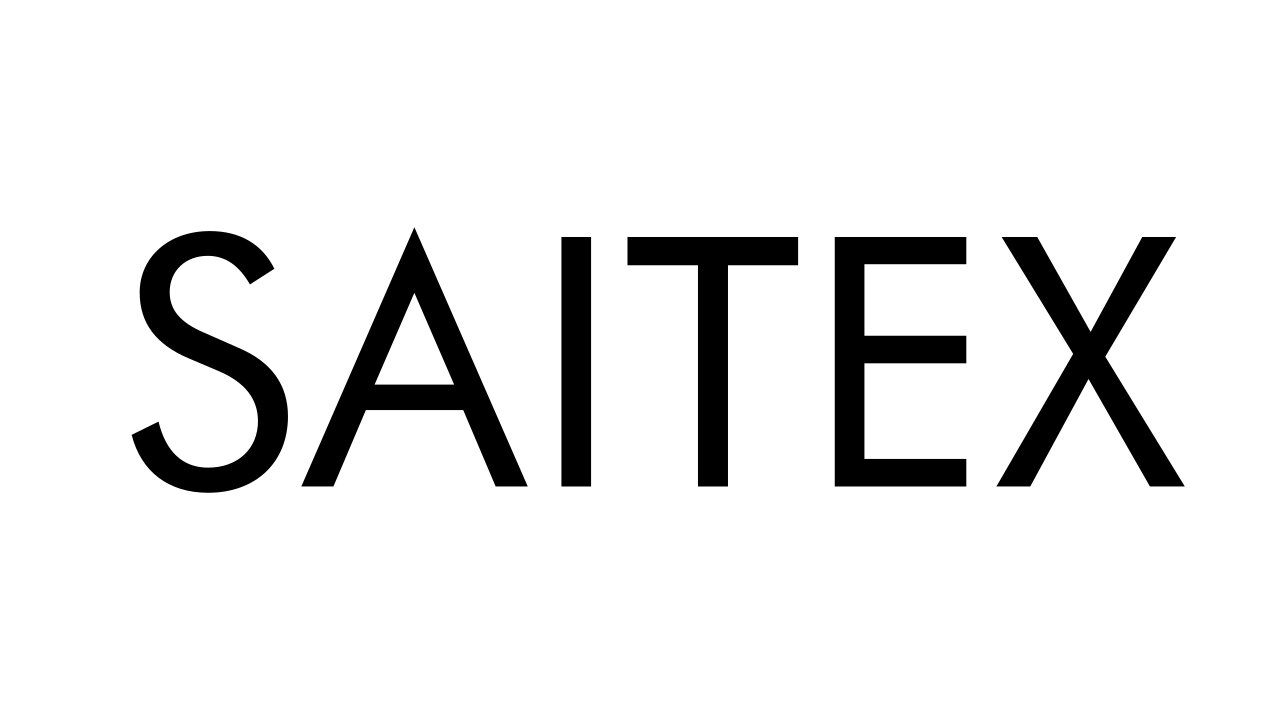
A Green Beacon in Denim Manufacturing
Saitex's LEED-certified facility redefines the standard for clean water practices. They recycle an astounding 98% of the water used, a remarkable feat in an industry notorious for water wastage. Traditional denim manufacturers waste up to 1,500 litres of water per pair of jeans with inefficient practices and outdated technology. In contrast, Saitex employs efficient jet washing machines, losing just 0.4 litres of water to evaporation. Additionally, on-site rainwater collection pools minimise water consumption impact. Saitex's five-step filtration process purifies water, rendering it so clean that it's drinkable.
Green Energy
Saitex is committed to renewable energy resources, particularly solar power, a dedication that has reduced annual energy usage by 5.3 million kilowatt-hours and cut CO2 emissions by nearly 80 percent. They've taken a page from the past, air drying jeans with recycled factory machinery air, a sustainable alternative to the inefficient traditional dryers that used excessive electricity. To offset remaining emissions, they plant trees, contributing to a greener world.
Clean Waste: All wastewater treatment plants create a toxic byproduct called sludge. But at SAITEX, the sludge is extracted and shipped to a nearby brick factory. Mixed with concrete, the toxic material can no longer leech on the environment, and the resulting bricks are used to build affordable homes for the people in need.
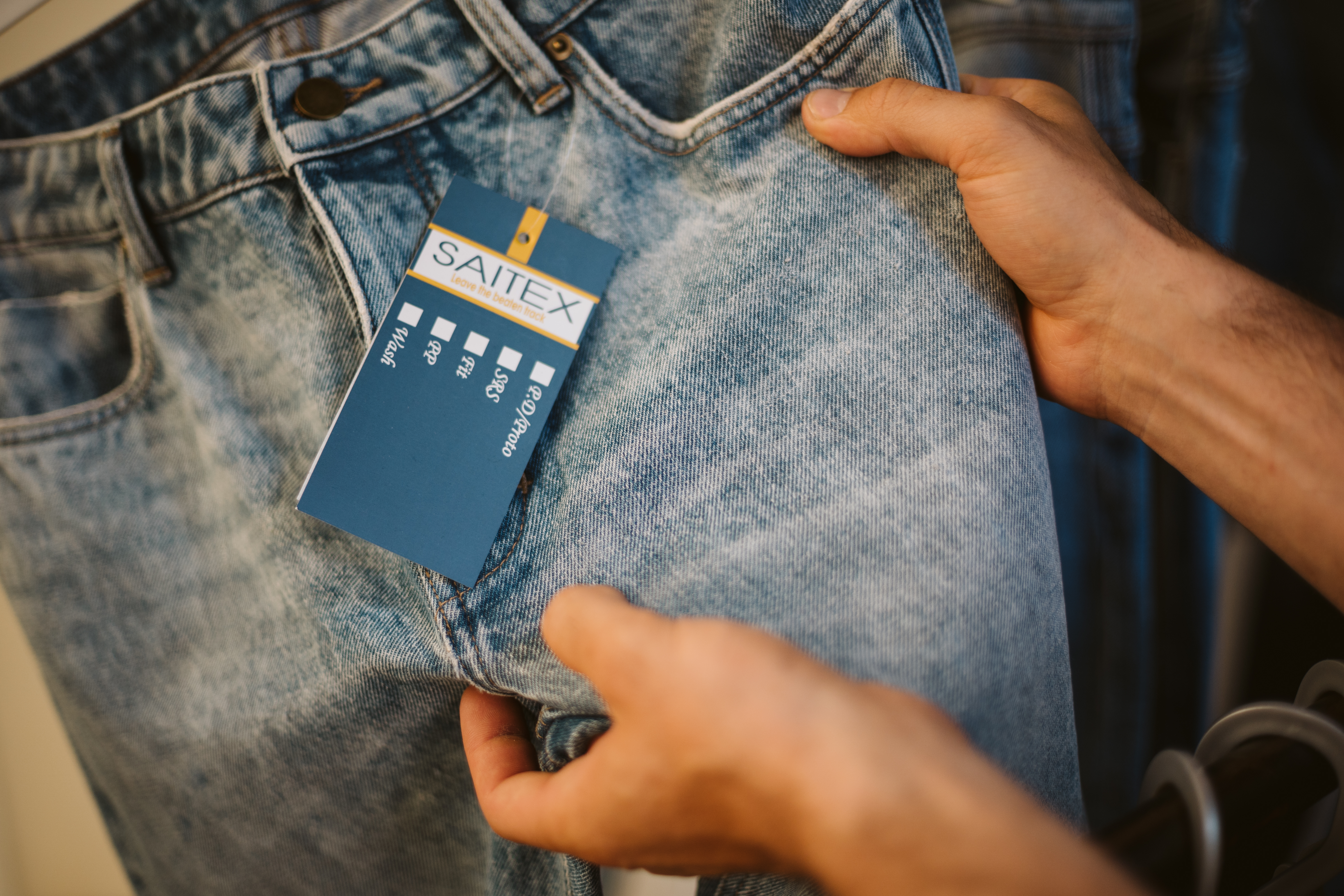
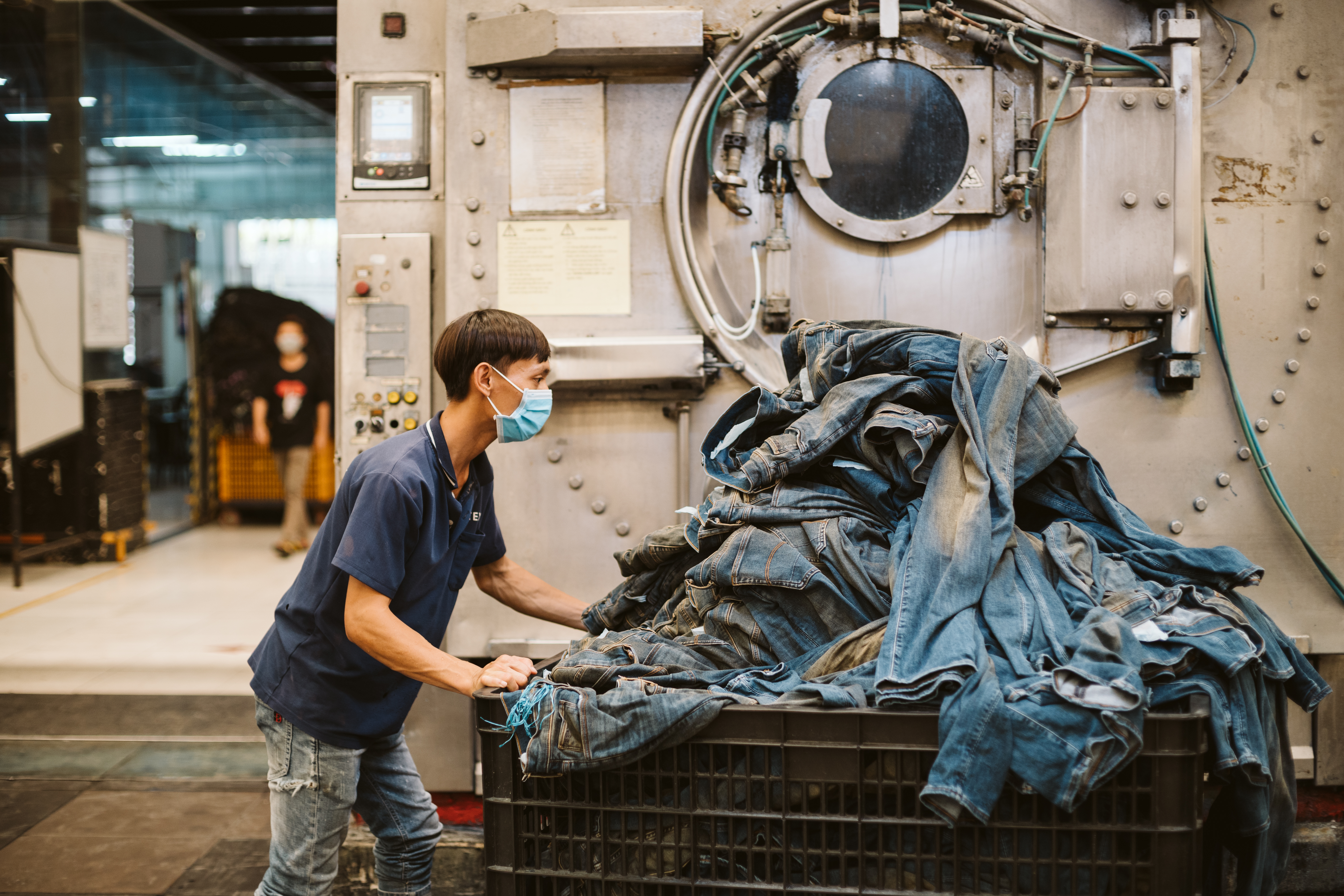
Empowering Communities Through Responsible Business Practises
Saitex firmly believes in harnessing the power of business as a force for good, aiming to create a healthier, more equitable world. Their endeavours include:
Empowering the Next Generation: Saitex supports three orphanages housing 800 children. These children are offered training and employment opportunities at Saitex when they turn 18.
Food for Good
In collaboration with Everlane, Saitex has implemented hydroponic and clean farming systems, providing healthy food for the community while generating jobs that promote social interaction and employment with equal pay for vulnerable groups.
Supporting Gender Equality: With 58% of their workforce comprising women, Saitex actively promotes gender equality, with many women holding key positions within the company.
One-of-a-Kind Production Line: The Rekut production line is a platform for differently-abled individuals to receive training and support for sustainable employment, with an ambitious goal of creating 1,000 jobs and avoiding 1,000,000 kg of landfill waste by 2025.
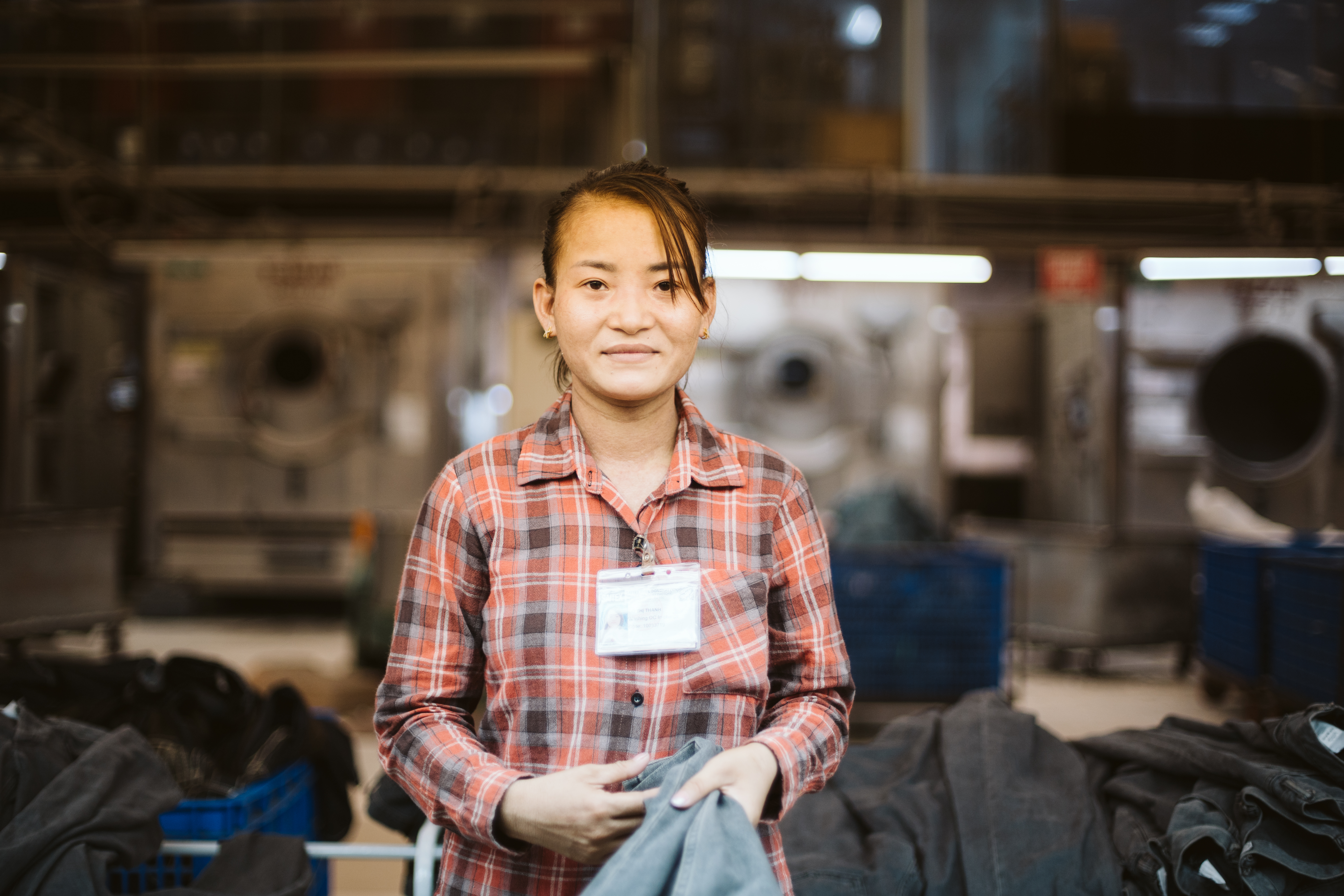
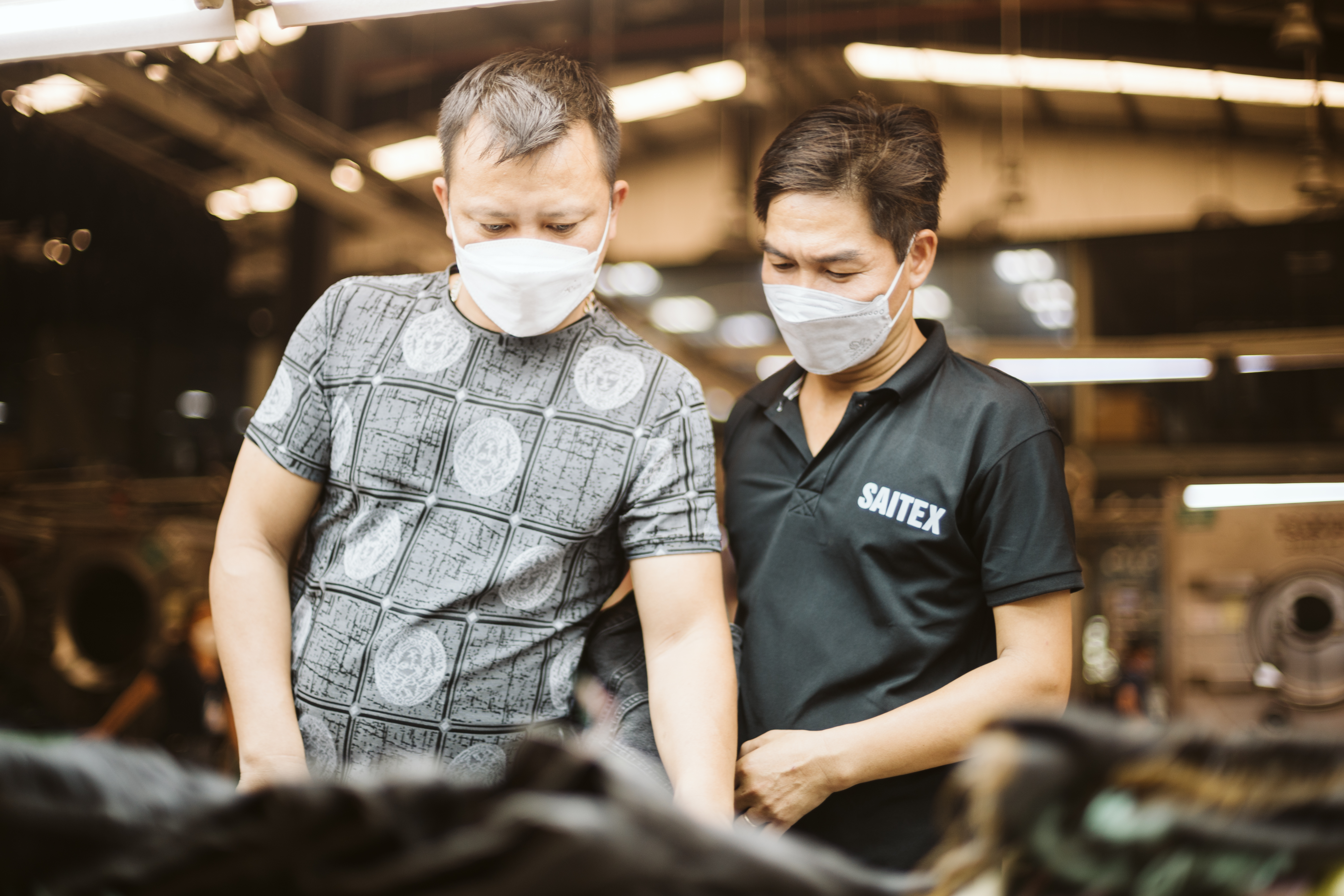
Saitex's vision for sustainability and social equity is about more than just denim; it's about shaping a future where business serves as a force for good. Their innovations in water and energy conservation, waste management, and commitment to supporting communities demonstrate that it's possible to transform even the most polluting industries into champions of sustainability and social equity. Saitex invites us to see abilities, not disabilities, and to believe in a world where affordable, clean food is a basic human right, all while leaving a greener, cleaner footprint on the planet.

